
3rd Sustainable e-Tourism Research and Applications
Virtual Workshop
25 June 2014
Participating Erasmus Mundus partner Universities:
Bournemouth University (UK), University Lyon2,
Staffordshire University (UK), Universite Joseph Fourier Grenoble 1
and Universita degli Studi del Sannio (Italy)
Aims & Subjects
Workshop Aims
The workshop is organized under the Erasmus-Mundus Action 2 “Sustainable e-tourism program”.
This third edition of the workshop aims to promote knowledge exchanges, discussion, and dialogue on innovative management issues in e-tourism, effective and more efficient approaches to the Sustainable e-Tourism programs our partner universities.
The workshop series mainly involves PhD students of the program. The first and second edition of the workshop took place at June 2012 and May 2013.
Master, PhD as well as Post-Doc members of the program were involved.
The overall objectives of these workshops under the Erasmus Mundus Action 2, Sustainable e-tourism are:
To enhance the capacity for international cooperation between universities in Asia and universities in EU countries by facilitating mobility of people, transfer of know-how and best practices by training the researchers and academic staff of the next generation.
To develop new co-operative teaching and research links in the tourism sector and to enhance knowledge and skills of teaching staff, students and researchers in promoting a sustainable e-Tourism philosophy.
To transfer the technology and knowledge in the following fields: business and strategy in the tourism industry, knowledge management, advanced ICT, cross-cultural analysis among the research patterns.
To set up innovative management policies based on the use of ICT, which enhance sustainable development in the tourism sector in Europe and Asia and help to create and spear knowledge in both directions.
Workshop topics
Knowledge management and related topics for e-tourism – Mobile technology for e-tourism – The reputation and trust model in social network – Product lifecycle management – Product data management and Eco-product lifecycle management – Multi agent system for dynamic web service composition -Customer relation management for e-tourism -e-Commerce – e-Business for e-tourism – e-Learning and human capital for e-tourism – Sustainable Management for e-tourism – Sustainable Supply chain – Tourism Destination Images – Tourist behaviour and e-tourism marketing – Semantic Web/Web services/ontology – Information retrieval / Service recommendation –
Web search personalization / customization – User profile management / context management – Social networks / collaborative filtering – User privacy protection – Natural language processing – Classification / clustering algorithms – Location based services – Robotics and Applications
Workshop Committee:
General Co-Chair:
Xi YU, University of Lyon 2, France
Program Co-Chair:
Fei YUAN , Staffordshire University, UK
Lei MU, Universite Joseph Fourier Grenoble 1
Trung Hien NGUYEN International School Vietnam National University, Italy
Vivek Chacko, Bournemouth University, UK
Xi YU , University of Lyon 2, France
Scientific Committee:
Prof.Abdelaziz Bouras, University of Lyon 2, France
Prof.Hongnian Yu, Bournemouth University, UK
Prof. Lbath Ahmed, Universite Joseph Fourier Grenoble 1, France
Prof. Yacine Ouzrout, University of Lyon 2, France
Prof. Matteo Mario Savino ,Universita degli Studi del Sannio, BIOGEM, Italy
Prof. Paul Jean-Jacques, Royal University of Law and Economics ,Cambodia
MA. Do Thu Huong,International School – Vietnam National University,Vietnam
Dr. Garidkhuu Ariuntuul,Health Sciences University of Mongolia, Mongolia
Dr. Nouansavanh Khamlusa,National University of Laos, Laos
Mr Ou Yusong, Chengdu University, China
Dr.Nopasit Chackpitak, Chiang Mai University, Thailand
Dr. Aurélie Charles, University of Lyon 2, France
Dr. Néjib Moalla, University of Lyon 2, France
Dr. Antoine Nongaillard, University of Lyon 2, France
Dr. Vincent Renner, University of Lyon 2, France
Dr. Aicha Sekhari, University of Lyon 2, France
Dr. Wided Batat, University of Lyon 2, France
Contacts at BU: Prof. Hongnian Yu and Vivek Chacko
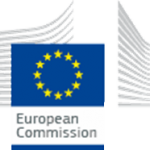



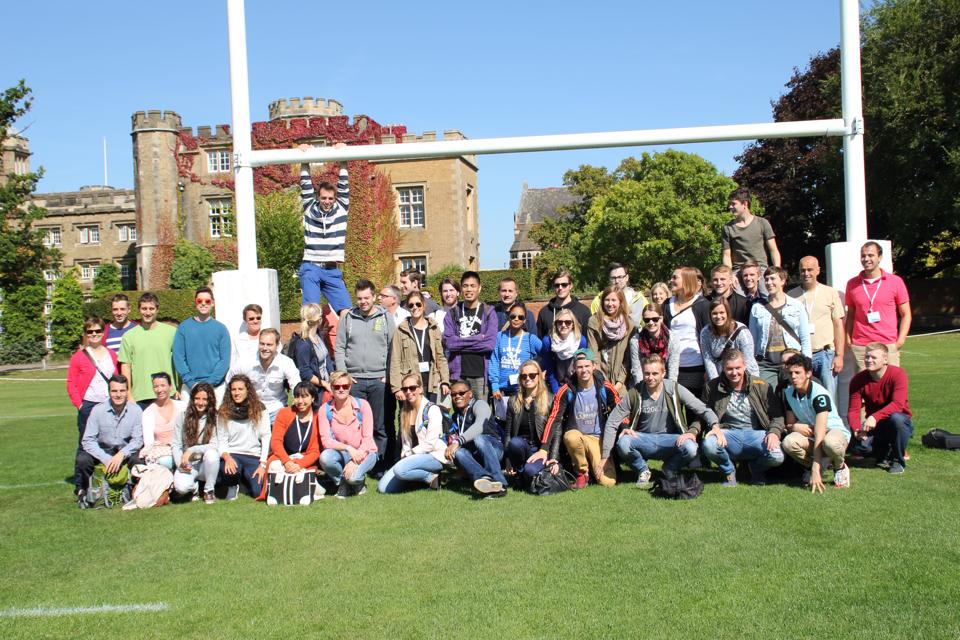

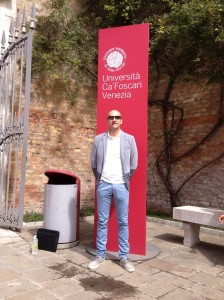

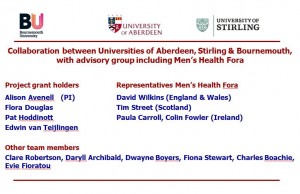
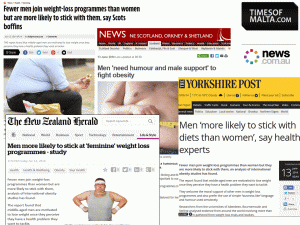



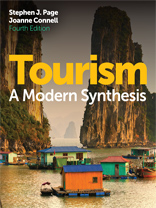
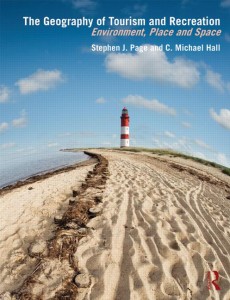 Space
Space 
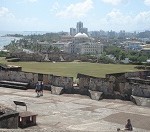
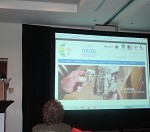

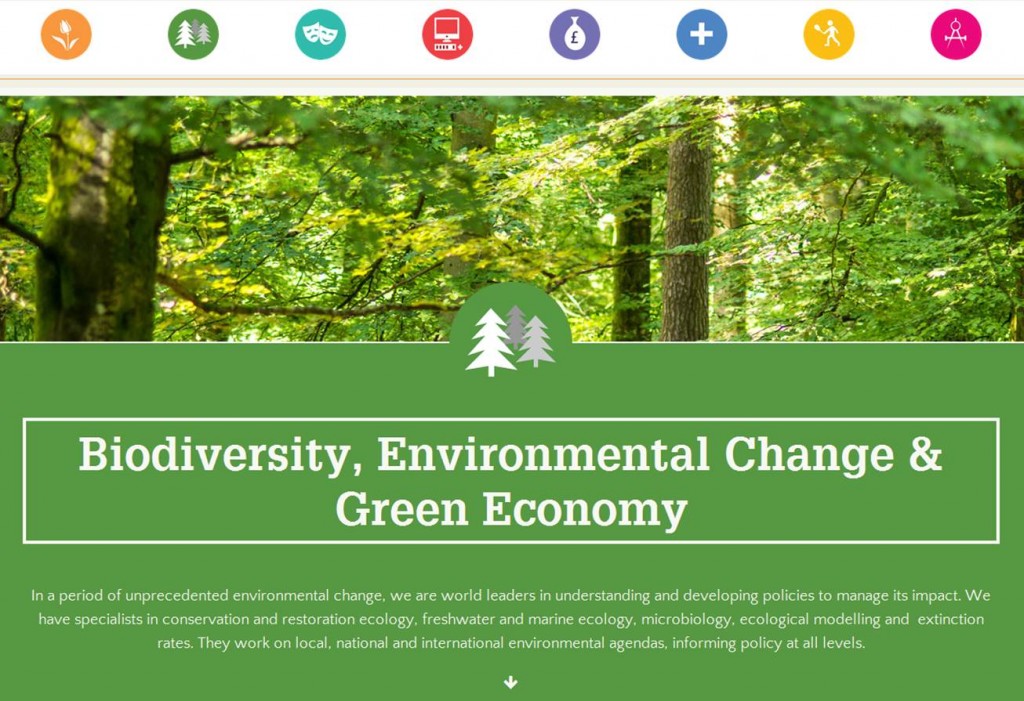
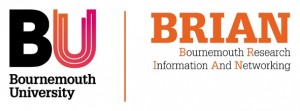















 Missing Persons Indicator Project Recruitment
Missing Persons Indicator Project Recruitment Celebrating our Research: Postgraduate Research Showcase 2026
Celebrating our Research: Postgraduate Research Showcase 2026 Nursing Research REF Impact in Nepal
Nursing Research REF Impact in Nepal Fourth INRC Symposium: From Clinical Applications to Neuro-Inspired Computation
Fourth INRC Symposium: From Clinical Applications to Neuro-Inspired Computation ESRC Festival of Social Science 2025 – Reflecting back and looking ahead to 2026
ESRC Festival of Social Science 2025 – Reflecting back and looking ahead to 2026 3C Event: Research Culture, Community & Cookies – Tuesday 13 January 10-11am
3C Event: Research Culture, Community & Cookies – Tuesday 13 January 10-11am ECR Funding Open Call: Research Culture & Community Grant – Application Deadline Friday 12 December
ECR Funding Open Call: Research Culture & Community Grant – Application Deadline Friday 12 December MSCA Postdoctoral Fellowships 2025 Call
MSCA Postdoctoral Fellowships 2025 Call ERC Advanced Grant 2025 Webinar
ERC Advanced Grant 2025 Webinar Horizon Europe Work Programme 2025 Published
Horizon Europe Work Programme 2025 Published Update on UKRO services
Update on UKRO services European research project exploring use of ‘virtual twins’ to better manage metabolic associated fatty liver disease
European research project exploring use of ‘virtual twins’ to better manage metabolic associated fatty liver disease